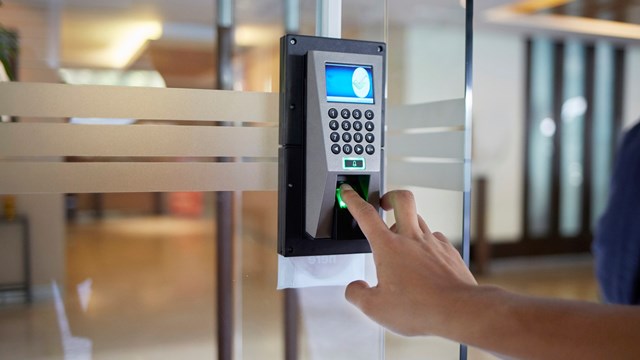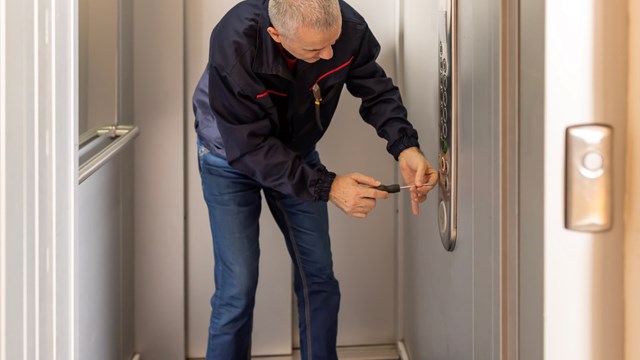
Q. During the warmer months, owners in our condominium building have noticed a few e-bikes/scooters with lithium batteries around our community. At night these e- bikes/scooters seem to be housed in owners’ or renters’ dwellings. Based on some news stories we’ve seen (although I’m sure they are pretty isolated incidents), we have concerns that these vehicles could explode and cause a fire.
Does the board in a condo community have the authority to write a regulation banning these e-bikes/scooters with lithium batteries from dwellings and all common areas of our property? Please advise on any information you may have on safety issues concerning these vehicles that run on lithium batteries in multi-family communities.
—E-worried
A. “As electric bikes and scooters increase in popularity, condominium communities are faced with questions surrounding the safety of storing lithium batteries indoors,” says Gina Desrochers, Associate at Perkins & Anctil, PC, in Westford, Massachusetts. “Unfortunately, despite their appeal, e-bikes and e-scooters pose potentially serious risks of fire to condominium communities.
“Boards and managers are challenged with trying to find the balance between safety risks and the wants and needs of condominium residents. The number of fires related to e-bikes and e-scooters and their batteries has greatly increased in the United States as the popularity for these modes of transportation rises. For example, fires from e-bikes and e-scooters in New York City increased more than 600% from 2019 to 2022, which in turn resulted in more than a 1000% increase in injuries caused by those fires.
“Because lithium-ion battery fire is quick to ignite and tough to extinguish, condominium board members should consider implementing regulations concerning the storage, usage and charging of e-bikes and e-scooters. Management of these risks should be approached in accordance with the condominium’s governing documents, and boards should consult with their management company and attorneys.
“Currently, Massachusetts does not have any statutes relating to this specific issue in condominium communities. However, the United States Consumer Product Safety Commission has made several recommendations that condominium boards can reference when deciding if and how they implement these regulations:
“1. Always be present when charging devices using lithium-ion batteries, and never charge them while sleeping.
“2. Only use the charger that came with the device.
“3. Only use an approved replacement battery pack.
“4. Follow the manufacturer’s instructions for proper charging, and unplug the device when done.
“5. Never use an e-bike or e-scooter device with a battery pack that has been modified/reworked by unqualified personnel or with re-purposed or used cells.
“6. Never throw lithium batteries into the trash or general recycling.
“Condominium boards may find these standards to be appropriately suited to use in modeling regulations for their own communities. If a board does decide to regulate the use of e-bikes and e-scooters, they must always keep in mind the specific provisions of their condominium governing documents and how they permit the board to regulate the use of condominium units and common areas. Boards are generally empowered to pass rules and regulations concerning common areas, however they may have to take a different approach (such as amendments to the Master Deed) when considering regulating usage inside individual units.
“It may be beneficial to discuss proposed regulations with unit owners, and to consult their attorney to assist in drafting and recording the appropriate documentation. As the increasing popularity of e-bikes and e-scooters continues to grow, condominium boards should start having these conversations so they are ready to move forward if the need arises.”









Leave a Comment